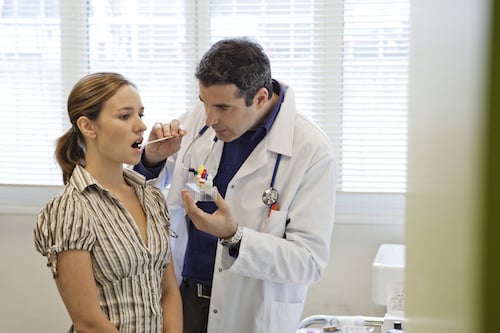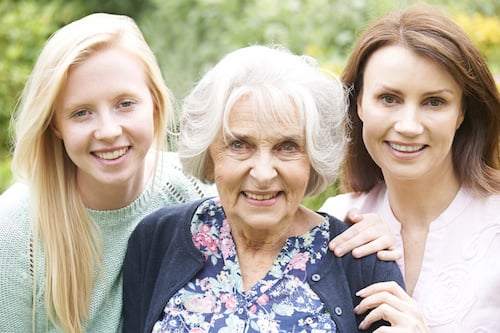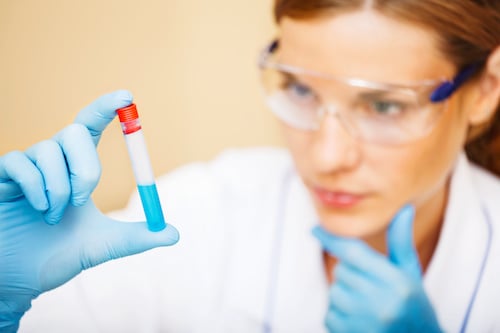Genetic Testing for Cancer Risk
What is Genetic Testing?
Although no one can predict whether you will actually develop cancer, genetic testing is available through Virginia Oncology Associates to identify those at an increased risk due to inherited gene mutations (changes).
Genetic testing is ordered to help identify a suspected genetic condition that could put you at a higher risk of developing cancers such as breast cancer, ovarian cancer, colon cancer, prostate cancer and others. The genetic counselors at Virginia Oncology Associates carefully evaluate the test results and then schedule a time to discuss them. They will discuss potential changes to cancer screening in an effort to lower the risk for cancer or improve the likelihood of early detection. They can also help your relatives determine if they should consider genetic testing.

Genetic testing is ordered by a physician, advanced practice provider or genetic counselor. Testing is usually done through a routine blood draw or saliva sample once you have signed a consent form. Technicians will look for specific abnormalities in your genes associated with an inherited cancer syndrome. Results usually return in 2 to 3 weeks and are reviewed with the genetic counselor during a post-test follow up appointment. Results are then shared with your doctor.
While testing is beneficial in understanding your risks of inherited cancers, not everyone is an ideal candidate. Genetic cancer testing is used to determine if you have specific genetic mutations that can be inherited through a gene; many of which occur in families with specific medical histories.
The certified genetic counselors at Virginia Oncology Associates will help you navigate through complex family medical histories, and help determine if genetic cancer testing is right for you.
There are 50+ types of hereditary cancer syndromes, but the two most common types that can be detected by cancer genetic testing are:
- Hereditary Breast and Ovarian Cancer Syndrome most commonly related to breast cancer, ovarian cancer, fallopian tube cancer, pancreatic cancer, melanoma, and prostate cancer
- Lynch Syndrome most commonly related to colorectal cancer
There are definitely benefits for getting tested for hereditary cancer syndromes, but you should also be aware of the limitations that can occur. For example a positive result, doesn’t mean that you will necessarily develop cancer; however, if a positive result is going to weigh heavily on you and increase stress and anxiety, you need to make this part of your consideration before testing.
Read the official statement from The National Society of Genetic Counselors (NSGC) about at-home genetic testing kits.
Take a bit of the information in this section with you by downloading our Hereditary Risk Assessment Program brochure.
Listen to our podcast episode about cancer genetic testing.
Genetic testing is transforming the way we approach hereditary cancer risks, offering a path to proactive and personalized health care. In this insightful episode of Cancer Care Connections, medical oncologist, Dr. Ranjit Goudar breaks down how the Hereditary Cancer Clinic at Virginia Oncology Associates helps individuals understand their genetic makeup and make informed health decisions. Hear real-life stories, like two sisters with a BRCA2 mutation who took different approaches to prevention, and discover how genetic counseling can empower you and your family.
Genetic Testing Topics











